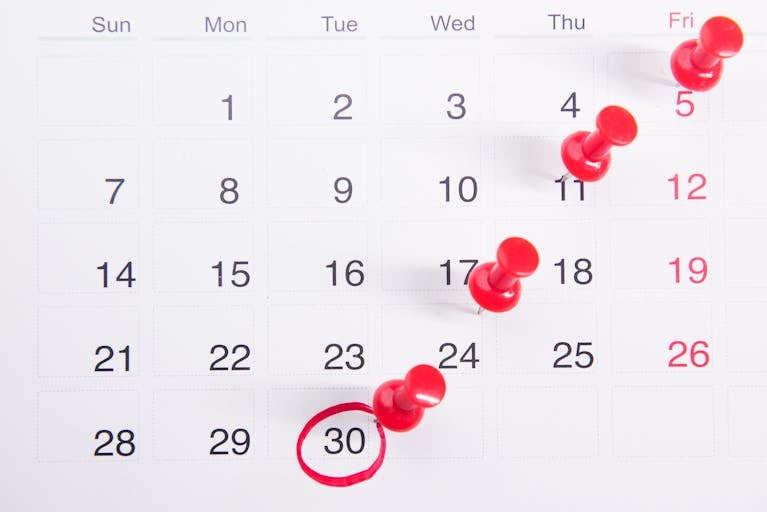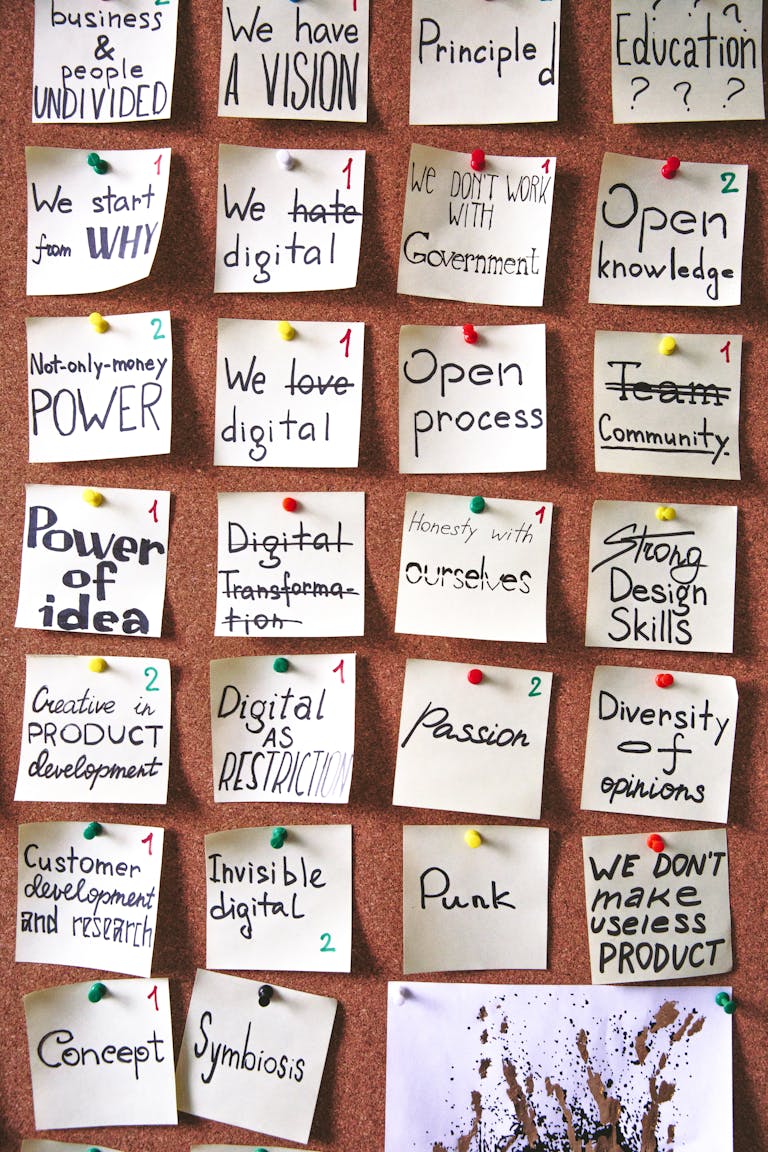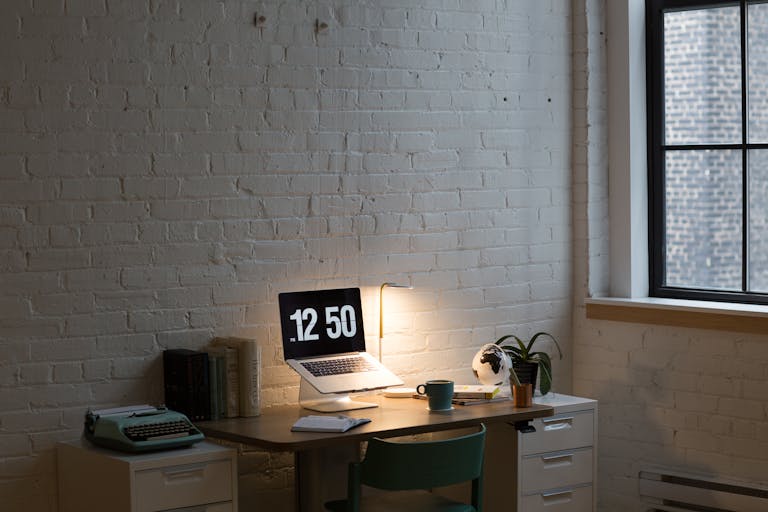The modern world is full of endless distractions:
- Notifications.
- Emails.
- Social media.
- Open office interruptions.
The ability to focus deeply is now a superpower.
Here’s how you can master focused work and achieve more in less time.

1. Understand the Concept of Deep Work
Coined by author Cal Newport, “deep work” refers to:
Activities performed in a state of distraction-free concentration that push your cognitive abilities to their limits.
This is where true breakthroughs happen:
- Complex problem solving.
- Skill development.
- Strategic planning.
2. Eliminate Digital Distractions
Start by:
- Turning off non-essential notifications.
- Keeping your phone in another room.
- Closing unused tabs and apps on your computer.
Tech is a tool — not your master.
3. Create a Dedicated Focused Workspace
Set up an environment that signals “work mode”:
- Minimalist desk setup.
- Noise-canceling headphones.
- Clear visual clutter.
A focused space leads to a focused mind.
4. Use Time Blocking
Schedule deep work blocks into your calendar like important meetings:
- 60–90 minutes per session.
- Fully commit with no interruptions.
Protect these blocks fiercely — they are the engine of your progress.
5. Practice the 5-Minute Rule
Struggling to start?
Tell yourself you only need to focus for 5 minutes.
Often, starting is the hardest part — momentum will carry you forward.
6. Train Your Brain to Focus
Focus is a muscle. Strengthen it with:
- Daily mindfulness meditation.
- Short “focus sprints” of 25 minutes (similar to Pomodoro technique).
- Gradually extending your deep work sessions.
Over time, your concentration endurance will dramatically improve.
7. Batch Similar Tasks
Avoid context switching by batching tasks like:
- Responding to emails once or twice a day.
- Holding all meetings in a set block.
Switching tasks wastes valuable cognitive energy.
Q: How long should a deep work session be?
A: Start with 30–60 minutes. With practice, aim for 90–120 minutes of sustained focus.
Q: What if my job requires constant communication?
A: Communicate “deep work hours” to your team and set availability blocks for emails and meetings.
Q: Is multitasking ever effective?
A: Studies show multitasking lowers productivity by up to 40%. Focus on one task at a time for best results.
Q: Can music help with focus?
A: Instrumental music or ambient sounds (no lyrics) can sometimes boost focus, but experiment to see what works for you.
Deep focus is a rare skill — but it’s trainable.
Commit to reclaiming your attention and watch your productivity soar.

I’m EKBAL HOSSAIN MONDAL, the creator of SmartSolveTips.com — a blog dedicated to helping people improve productivity, avoid digital burnout, and live better online. With years of hands-on experience in self-development and digital wellness, I write practical tips and tools to help you stay focused and thrive in a fast-paced digital world.






